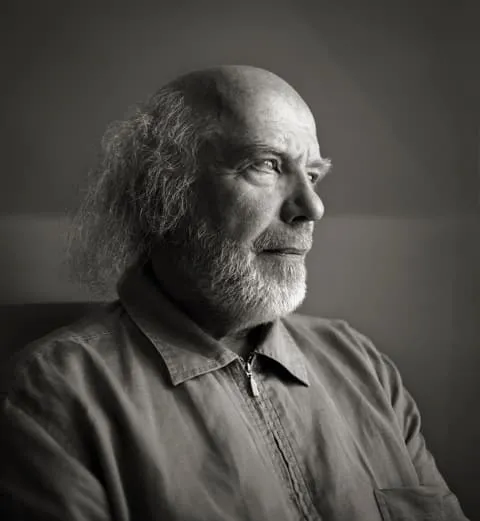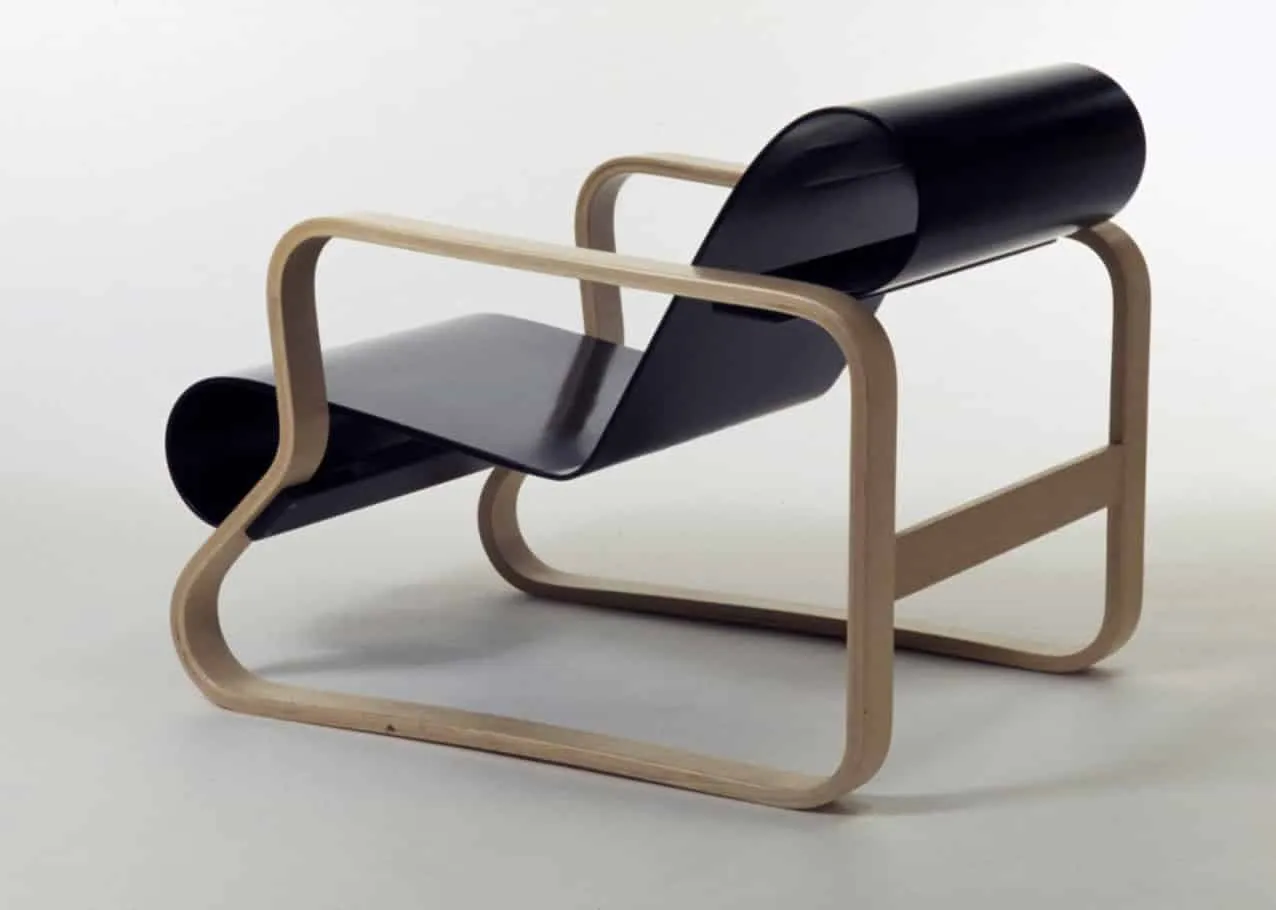At the Alvar Aalto design seminar, twelve of today’s most current designers and manufacturers will air their thoughts on quality and responsibility in design work. In the picture: Paimio chair by Alvar Aalto (1931). © Martti Kapanen/Alvar Aalto museum
Alvar Aalto design seminar addresses minimalism and maximalism
Eighth Alvar Aalto design seminar focuses on the future of design, on 27 and 28 August 2016. Key notes highlight ecology, local craft, and the challenges set by global manufacture.
Furniture designed by architect Alvar Aalto represented ecological, local produce before the concepts were ever conceived. Organised in Jyväskylä on 27 and 28 August 2016, the eighth Alvar Aalto design seminar focuses on how to do good, sustainable design.
This year’s seminar theme is Maximal | Minimal. The theme and lecturers were chosen by professor and interior architect Simo Heikkilä.
“Minimalism and maximalism are present in all design objects. All designers must make choices. What is the lifecycle of the product? Is it based on commercial, architectural or design wow factors? Does it bring joy to the user or create waste? Design is decisive in determining how long the product will live. Products have potential when they combine durability and sustainable idiom,” Heikkilä says.
The seminar ponders on ethics from the point of view of globalisation, commerce, ecology, and local production. Majority of speakers represent the northern dimension.
“Nordic aspects are important to emphasize now that globalisation and price competition threaten to cut furniture production continuum in, for example, Finland,” Heikkilä explains.
The seminar also involves an exhibition that presents prototypes created in cooperation by the speakers and Finnish handicrafts and industrial arts students.

Aalto showed us the way
One of the speakers in the seminar is the CEO of Nikari, Johanna Vuorio. Alvar Aalto has played an essential role in Nikari’s success story. Aalto was the first cooperation partner for the company when it was being founded in 1967. Nikari manufactured wooden parts for the Parish Centre and the “Cross Of The Plains” church of Seinäjoki.
“Aalto liked to cooperate with skilled young artisans. He was inspired to work with skilled people,” Vuorio says.
Nikari’s idea has remained the same throughout its history. It manufactures high-quality wood products, the material of which comes from the nearby forests or the saw mill next door. The workshop uses completely renewable energy from the closest hydroelectric power plant.
“Nikari products combine traditional production methods with a modern idiom,” Vuorio says.
“I wanted to include this furniture maker because they can do something that others on the market cannot. They fill a space on the market and also know how to produce classics,” Heikkilä says.
Other speakers include Jonas Bohlin (Sweden), Richard Hutten (Holland), Jouko Järvisalo (Finland), Max Lamb (Great Britain), Hans Lensvelt (Holland), Cecilie Manz (Denmark), Kaoru Mende (Japan), Päivi Meuronen and Aimo Katajamäki (Finland), and Fien Muller and Hannes Van Severen (Belgium).
“They are all good and look at the theme from various perspectives. Each speaker will find their own enthusiastic audience,” Heikkilä believes.
“It will be interesting to hear how minimalism is understood in various places around the world,” Vuorio adds.

